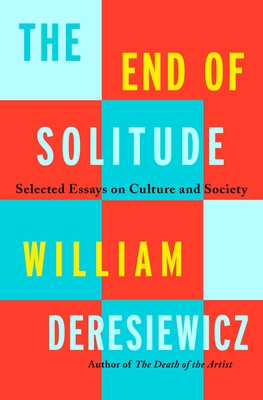What do you think?
Rate this book


320 pages, Hardcover
First published January 1, 2022
Our culture is scientistic: it believes that science is the only form of truth, that there is only one way of knowing: objective, empirical, quantitative. But our culture also displays... what I have come to think of as the engineering mentality.
I find for myself that my first thought is never my best thought. My first thought is always someone else's; always what I have already heard about the subject, always the conventional wisdom. It is only by concentrating, sticking to the question, being patient, letting all the parts of my mind come into play, that I actually arrive at an original idea. By giving my brain a chance to make associations, draw connections, take me by surprise. And often that idea isn't even very good. I need time to think about it, too, to make mistakes and recognize them, to make false starts and correct them, to outlast my impulses, to defeat my desire to declare the job done and move on to the next thing.